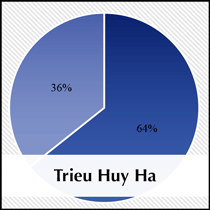The Hoplite Hypocrisy: Teaching Ancient Greek Warfare in an American Classroom
DOI:
https://doi.org/10.13021/whc.v21i2.4141Keywords:
war, warfare, Ancient Greek, Antiquity, democracy, politics, hoplite, receptionAbstract
In the field of Ancient Greek history, war and politics are often presented as two sides of a single coin. In the nineteenth and twentieth centuries, scholars argued that the emergence of heavily armored warriors, or hoplites, inspired some of Europe’s earliest democracies. This narrative was especially attractive to American philhellenes and other organizations that sought to elevate Ancient Greece as the root of “Western Civilization,” but it ultimately has little to no basis in our archaeological and historical evidence. Nevertheless, the hoplite orthodoxy found real traction among right-leaning political movements, and a small vocal minority within the academy have entrenched themselves in favor of this paradigm. This article presents the hoplite orthodoxy, its detractors in the academy, and its broader impact outside the field. The complexities of this controversial paradigm leave world historians in an awkward situation, and silence only creates space for the continued misappropriation and misinterpretation of the past. In what follows, I advocate for highlighting the role of enslaved people in Ancient Greek warfare as a pedagogical device. By exploiting the rift between our primary sources and the modern-media fantasy, we can help our students confront the hoplite hypocrisy head-on.










